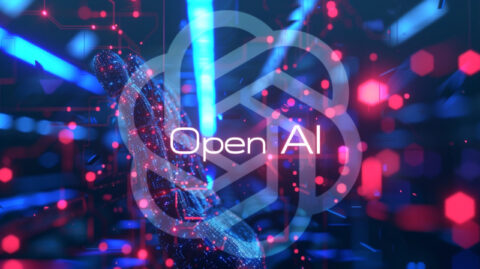The partnership will prioritize workers’ rights and incorporate labor leaders’ input into technology development.

The American Federation of Labor and Congress of Industrial Organizations (AFL-CIO), along with tech behemoth Microsoft, have announced a new collaboration to explore how artificial intelligence (AI) can anticipate worker needs and involve workers’ voices in its development and application.
According to the AFL-CIO, the objectives of the agreement encompass exchanging information on AI trends between labor leaders and workers, integrating worker viewpoints and proficiency in AI development, and contributing to the formulation of public policies that uphold the technological proficiencies and requirements of frontline workers.
According to Microsoft President Brad Smith, the agreement entails working together with labor leaders to make sure AI benefits workers. The neutrality framework Microsoft has implemented and its recognition of workers’ expertise, according to AFL-CIO President Liz Shuler, are signs that the AI era can promote successful labor-management collaborations.
Microsoft and the Communications Workers of America struck a similar deal in 2022, with the goal of protecting Activision Blizzard employees’ ability to unionize and engage in collective bargaining. At the time, the tech giant was closing the deal to acquire the video game developer.
Microsoft has invested $13 billion in OpenAI, the nonprofit AI firm based in the United States that created ChatGPT and owns 49% of the company. It does not, however, have voting rights and claims no operational control over the company. Microsoft has also created Azure, a generative AI platform that uses OpenAI’s GPT products to expand its functionality.
Conclusion
The partnership between Microsoft and the AFL-CIO represents a significant step towards a more responsible and inclusive approach to AI development. Its success will depend on the commitment of both parties to working collaboratively and addressing the challenges head-on. The potential benefits for workers and the AI industry as a whole are significant, and this collaboration could pave the way for a future where AI is a force for good for all.











